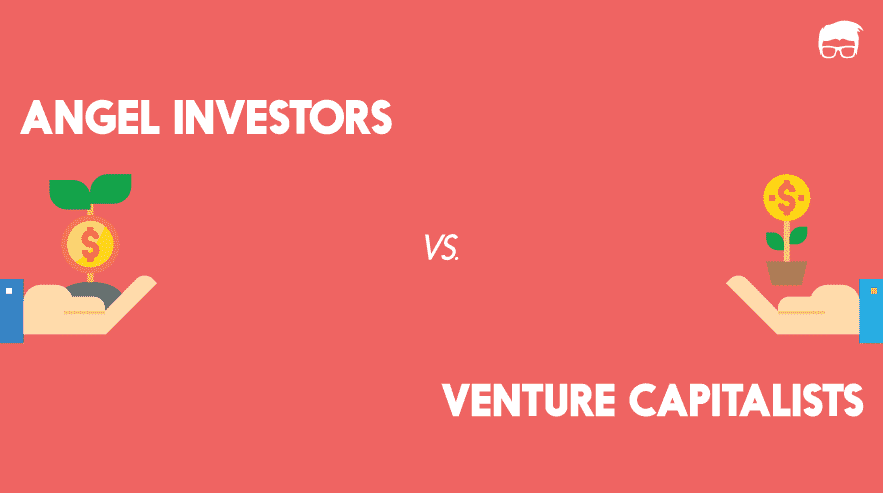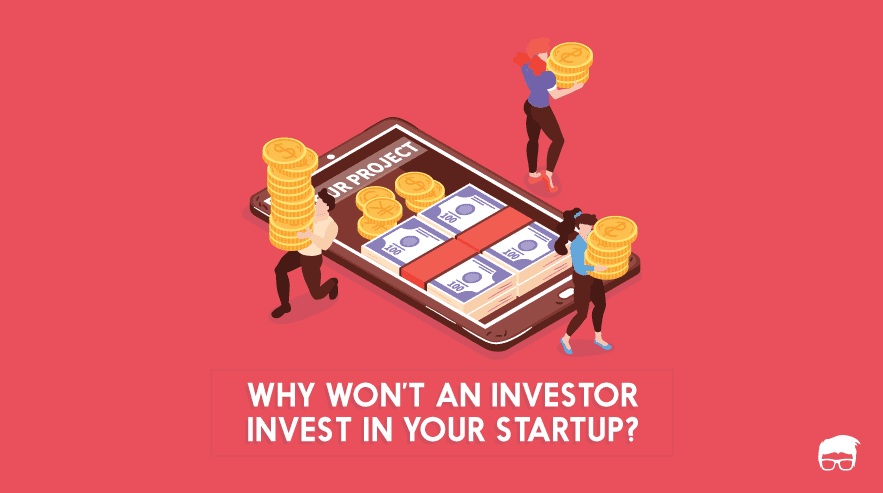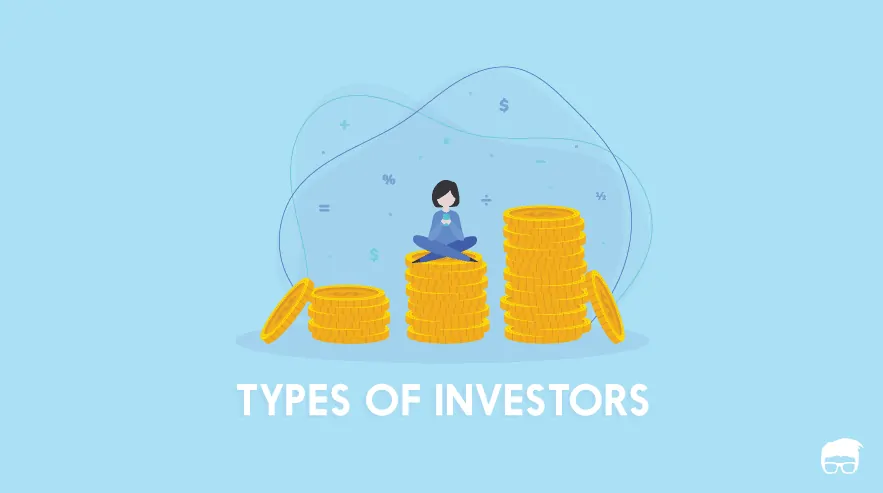You are ready with your product, but you are also a cash-strapped startup. So you turn to either crowdfunding or look for someone who could invest in your startup.
The funding process is where you turn to an angel investor or venture capitalist but who are angel investors and venture capitalists and how are they different and also what makes your venture strike gold with them.
For an answer to these mind-numbing questions, you should read on.
Who Are Angel Investors?
Angel investors (also called informal investors, private investors, seed investors, angel funders, or business angels) are individuals who have high net worth and provide financial support to entrepreneurs.
These individuals have amassed their wealth because of their social status and past employment. The reason they might invest in a venture could be because of their experience in the field that the particular ventures deals in or just a liking for exploring new avenues.
For, e.g., Celebrities like Bono, JayZ, Kapil Dev and many more have invested in firms ranging from beauty products startups like Julep to even giants like Facebook.
Who Are Venture Capitalists?
A venture capitalist is an individual investor firm or a group of people which run as a whole firm comprising of board members, people specialising in management, legal advisory and marketing. They provide financial support to startups and small businesses which wish to expand but don’t have an access to the equities market.
The source of funds for these venture capitalists is usually from member investors (individual professional investors and large corporations) and pension funds, university endowment funds etc. They invest this fund on businesses which they deem will provide their investors high rates of return.
Differences between Angel Investor and Venture Capitalists
Risk Taking
Angel Investor usually invest in the entrepreneur rather than the sustainability of the business model of the startup. Since we are talking about individuals, these individuals make decisions based off on their experience. Although calculated risks are taken by these individuals the fact that they are using their wits without consultation usually makes them more vulnerable to failure.
Venture Capitalists, on the other hand, are a group of professionals who take a more extended period to judge the sustainability of the proposed business model. There is an extended scrutiny model at play here since venture capitalists need to put the interest of their investors at the priority. These professionals could be even angel investors themselves but since they work in a group and are in a better position analysis wise due to help from different people Venture Capitalists run a lower risk of failure.
With the changing landscape, it is not impossible for a venture to win venture capital but a more mature business is still highly likely to win it big.
Investment
Angel Investor usually starts with a small investment. Now, this investment is termed low when compared to the VC firm’s initial investment as individuals due to the risk involved usually pump in an amount that when compared to a VC firm.
Therefore seed funding is more commonly observed in the case of Angel Investor. Since angel investor invests at an early stage startup, they usually don’t have much a say in the working of the company at later stages if the startup goes big.
Now on the other hand Venture Capitalists pool their money thereby even the first round of funding with a VC brings in a significant amount for your venture.
Funds from both the Angel Investor and Venture Capitalists could be used for hiring, branding, marketing purposes but there is a catch between the mentoring and set up that an Angel Investor and a Venture Captial firm provide.
Mentoring and Involvement
Angel Investors usually provide mentoring at a very basic level. They could help you set up your venture on the path of a right business model, tweak out the abnormalities and iron up the irregularities.
They could provide you with hands-on expertise, but their primary job is to help you start from the ground not build up your company.
Venture Capitalists would provide your venture with a proper management team dedicated to your enterprise. Venture Capitalists usually set you up for the corporate competition by providing you with the structure and resources of a full-fledged company.
They expect a startup to walk the walk and therefore have every decision must be in line for the growth of the venture as VC firms are heavily focussed on the high return on investment because of a large amount of investment made in a venture.
One size fits all?
It is important to note that every venture needs a different kind of people at various stages. There needs to be a different perspective while hiring and there needs to be a different mindset while approaching funds.
Angel investors usually fund early-stage startups.
Since angel investors are preliminary financial support, they don’t ask for the equity at the beginning. Angel Investor is more interested in seeing the venture grow up and then have an option to buy and control shares of the company in the future that is when your company’s share matter.
This way if a venture takes off and make it big in the corporate world, angel investors reap the most significant profit margins on the risk they too.
Now as a promising venture you are probably more worried about seed funding which would help you get started the bare minimum to stay in the hunt for the further round of financings.
Also, the dealing with equity distribution at an early stage of a startup is a cumbersome task and results only in more file work which should be avoided in the beginning.
Venture Capitalist, on the other hand, put their money after much deliberations and negotiations and therefore they often have well defined and documented agreements encompassing various aspects of control they would like to have over your venture.
You would want to visit a VC firm only when you have sales to show, a sustainable operation in place and a viable growth plan. VC firms put their dollars only when they have carefully analysed every aspect, therefore, to convince a VC firm you would need to be already established in the market.
Go On, Tell Us What You Think!
Did we miss something? Come on! Tell us what you think about our article on angel investors vs. venture capitalists in the comment section.
An experienced developer and tech entrepreneur. Kanishk loves to write about machine learning, entrepreneurship, and tech trends.


![How To Get Startup Funding [The Complete Guide] startup funding guide](https://www.feedough.com/wp-content/uploads/2022/08/startup-funding-guide.webp)





